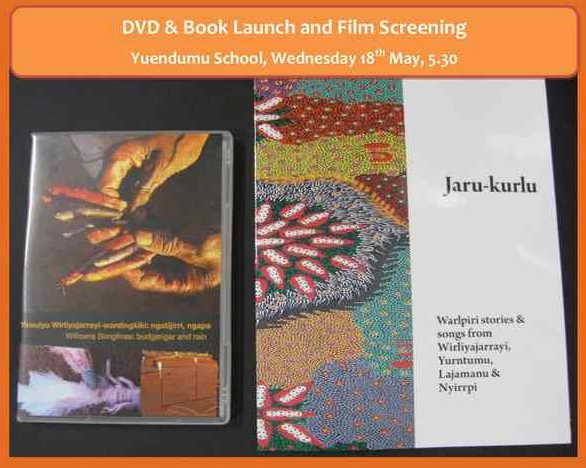On Thursday I had an interesting time in a sleek-looking conference room at Parliament House with the House of Representatives Inquiry into language learning in Indigenous communities. The terms of inquiry cover learning English and learning Indigenous languages. Lots of people have put lots of time and thought into their submissions and appearances (available online). They are a fascinating snapshot of current concerns, hopes and dreams. (A couple contain not-so-subtle touting – gimme a gazillion and I’ll solve literacy/attendance/savethelanguage, but they’re the exception).
So I was answering questions about my submission [.pdf] on language learning in Indigenous communities. Here goes with points that I wanted to make, and then what I remember of questions asked by the Committee:
 Follow
Follow